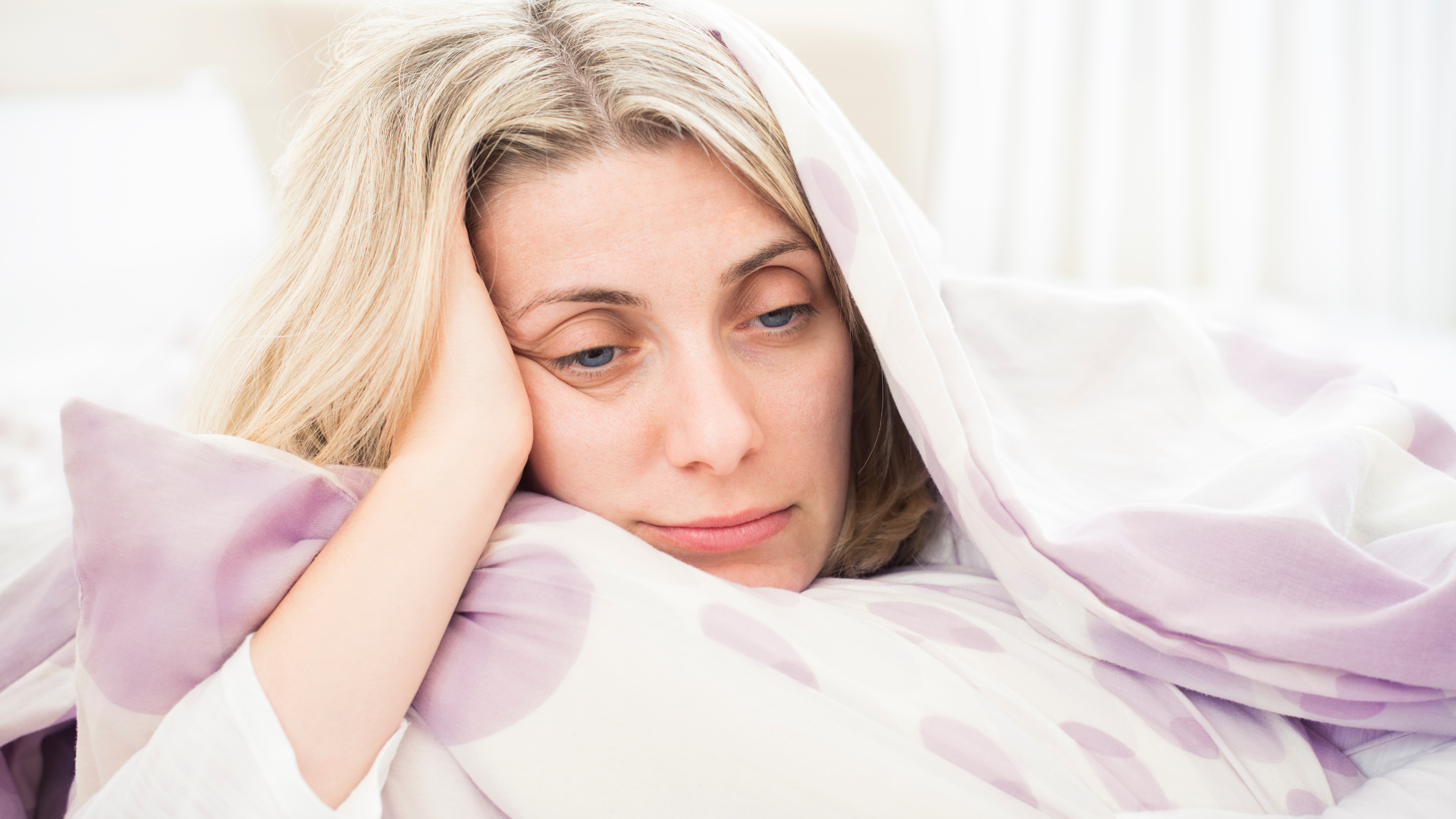
Sleepless nights are no bueno, but some times they are just unavoidable. However, just because you got a bad night of sleep doesn't mean that the day gets to stop. You still have to keep going the next day, which can seem nearly impossible.
In fact, functioning on no sleep is similar to driving with a blood alcohol of 0.05%. This can put you at risk for accidents, impair your memory, and increase the likelihood of creating false memories.
If you have a poor night of sleep for some reason, then it's important that you find ways to function safely and at the most optimal level you can manage. Nothing can fully make up for a lack of sleep, however, there are some things that you can do to help you stay up after a sleepless night, enough to function at a baseline level to get through all the tasks that you need to achieve. Continue reading to learn more about how to function on zero sleep.
Eat Healthy
One night of sleep can affect how you select the foods that you want to eat. Sleep deprivation can lead you to make less healthy decisions and that increase your calorie consumption. This is part of the reason that obesity and insomnia are related. Sugary foods may give you a boost of energy, however, they will eventually lead to a crash later in the day.
That's why it's important to choose foods that have been shown to decrease the severity of chronic fatigue. These include whole grains, vegetables, fruits, and foods that are high in omega 3 fatty acids - fish, seafood, nuts and seeds.
Foods that are high in tyrosine can help boost cognitive abilities. This could be very helpful for those who have to work or attend school after a sleepless night. Foods like eggs, meat, tofu, milk, and whole grains are going to be your best bet.
Use Caffeine Strategically
When you're tired, the first thing you're going to want to do is grab that coffee or energy drink. While caffeine can be extremely useful for helping you get an energy boost, it has to be used strategically so the subsequent night isn't as disturbed.
Caffeine can stay in the body for up to 6 hours, so you'll want avoid drinking caffeine beverages late in the afternoon, and drinking too much. Too much caffeine can lead to rebound insomnia, or essentially worsen the symptoms that you already had.
400 milligrams of caffeine a day is the amount that is four to five cups of coffee, and is considered the safest amount. It's important to keep in mind that caffeine can also be found in chocolate, tea, and some decaffeinated beverages. So, be mindful about the amount of caffeine that you're consuming and the timing of it.
There are also other physical conditions that can impact how caffeine affects you. Those who smoke may metabolize caffeine much faster, and therefore require more to feel the same effects. Pregnant women, on the other hand metabolize it slower than non-pregnant women, so definitely will not need as much. Caffeine can trigger anxiety in some individuals, and a caffeine overdose is possible, and dangerous.
Avoid Driving
Drowsy driving leads to up to 6,000 deadly car accidents each year (and this number probably underestimates the true prevalence). Therefore, if you are too exhausted to keep your eyes open to be able to focus on something, then you're probably too tired to drive. Avoid getting behind the wheel if at all possible, especially before getting the chance to take a quick nap.
Get Active
It can seem counterintuitive to workout when you are exhausted, and in some cases, you may have to sit a workout out if you're too tired for proper coordination and good effort. However, physical activity could increase alertness and benefit your health. Exercise has many major benefits like improving memory, attention, and the ability to learn - the cognitive tasks commonly affected by sleep deprivation.
Exercising outdoors, especially in the morning, could be of particular benefit as it gets you exposure to sunlight. The circadian rhythm, or your internal clock, is run by exposure to light. Therefore, exposing your eyes to light as early as possible is a great way to trigger your brain to release cortisol, which will provide you with a boost of energy.
Power Nap
Naps are going to be your best friend after a sleepless night, but it's important to nap strategically. Your naps should either be 20-30 minutes long, or 90-minutes so you don't disturb your sleep stages. The shorter naps provide you with a needed boost of energy without the risk of disturbing your sleep for that following evening.
If you always are super tired, then there may be an underlying cause that needs to be investigated. Please click the orange button below to take a free online sleep test and talk with one of our sleep health professionals.
Source:
https://www.sleepfoundation.org/sleep-deprivation/how-to-function-after-sleepless-nights
